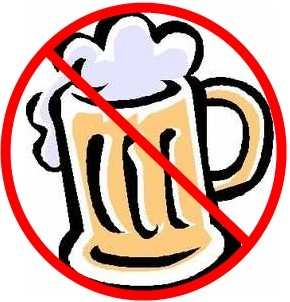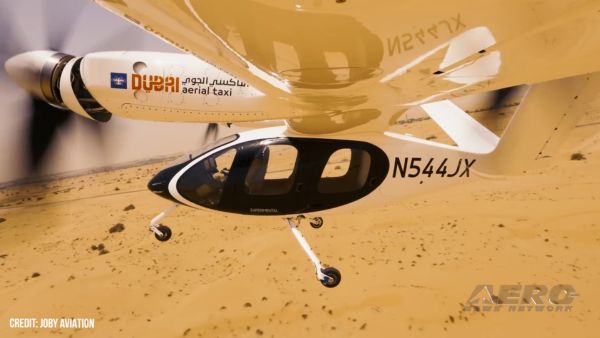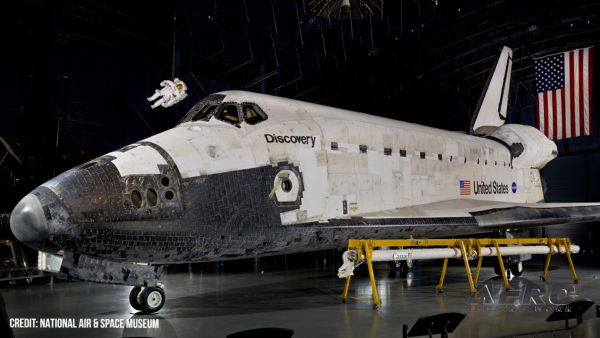Tue, Oct 07, 2014
Whether An Airline Pilot Or A Recreational Flyer, Alcohol And Drugs Just Don’t Mix With Flying
Piloting an aircraft under the influence of alcohol or drugs is obviously a stupid thing to do, and the FAA addresses this in FAR 91.17. The rule starts by saying a pilot may not fly in less than 8 hours after consuming alcohol. Of course, 8 hours may not be enough time to “sober-up,” so the FAA adds that if the blood/alcohol concentration is .04 or greater, it is also against the rules to fly.

If a pilot is using any drug that affects the pilot’s faculties in any way contrary to safety, the FAR says to stay on the ground. The kicker here is that the rule is not simply referring to illegal drugs. Prescription medication, and many over-the-counter medications (Marijuana?) can render a pilot unfit to fly under this rule. Sport pilots…pay attention; this rule applies to all pilot whether or not they hold a medical certificate.
This regulation also affects the pilot’s decision to carry certain passengers. A pilot may not carry a passenger who “appears” (emphasis added) to be under the influence of alcohol or drugs. There are no time limits or blood/alcohol measurements in the passenger part of the rule. However, the passenger alcohol and drug rules do have certain exceptions for emergencies and the transportation of medical patients.
It is interesting to note that the violation of the passenger rule does not get the passenger in trouble; the feds go after the pilot. This is why we occasionally hear about airline captains making an emergency landing to get rid of an intoxicated passenger.
According to the most current AOPA Air Safety Foundation Nall Report (This is a general aviation report), “[There were] 3 accidents, one fatal, that were blamed on the pilot’s impairment by alcohol. The only fatality was one of the accident pilots. 3 other accidents were attributed to the sedating effect of over the counter medications; 2 of these pilots were killed, and the 3rd was seriously injured. These numbers are typical of the recent record, the number of [GA] accidents caused by drugs/or alcohol has been between 5 and 8 every year since 2000.”
As we look at all GA accidents and the various causes it becomes apparent that alcohol and drugs are not a large factor, but they do occur. In the realm of sport aviation, the lack of a regulatory requirement for a medical certificate could lead a person to think that the rules of medications and drugs don’t apply to them. While the rules for sport pilots don’t specifically name medications or drugs that prohibit a flight, it’s clear in the regulations that the common sense of fitness for flight is regulated for everyone.
More News
Also: Outlaw Prop 4 Mooney, Ready 4 Duty, Ukrainian F-16 Pilot Lost, Blue Origin Flt On his journey to become the first pilot to land solo on all seven continents, 19-year-old Etha>[...]
Also: DarkAero Update, Electric Aircraft Symposium, Updated Instructor Guide, OSH Homebuilts Celebrate The long-awaited Sonex High Wing prototype has flown... the Sonex gang tells >[...]
Discrete Code As used in the Air Traffic Control Radar Beacon System (ATCRBS), any one of the 4096 selectable Mode 3/A aircraft transponder codes except those ending in zero zero; >[...]
From 2023 (YouTube Edition): Deviation from the Historical Mean Racine, Wisconsin-based DeltaHawk is a privately-held manufacturer of reciprocating engines for aircraft and hybrid >[...]
Aero Linx: Formation and Safety Team (F.A.S.T.), USA The Formation and Safety Team (FAST) is a worldwide, educational organization dedicated to teaching safe formation flying in Wa>[...]
 Airborne 07.02.25: TikToker Arrested, Vietnam A/L Ground Hit, ATC Modernization
Airborne 07.02.25: TikToker Arrested, Vietnam A/L Ground Hit, ATC Modernization Airborne Affordable Flyers 07.03.25: Sonex HW, BlackShape Gabriel, PRA Fly-In 25
Airborne Affordable Flyers 07.03.25: Sonex HW, BlackShape Gabriel, PRA Fly-In 25 ANN's Daily Aero-Term (07.07.25): Discrete Code
ANN's Daily Aero-Term (07.07.25): Discrete Code Classic Aero-TV: DeltaHawk Aero Engine Defies Convention
Classic Aero-TV: DeltaHawk Aero Engine Defies Convention ANN's Daily Aero-Linx (07.07.25)
ANN's Daily Aero-Linx (07.07.25)



